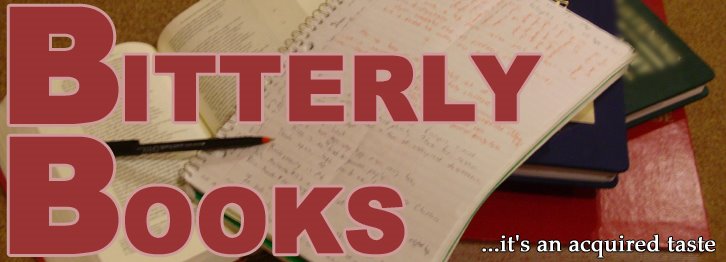Charting Your Career: The Horoscope Reveals Your Life Purpose by Stephanie Jean Clement, PhD (Llewellyn Publications, 1999, ISBN 1-56718-144-9)
This book was written by: Stephanie Jean Clement, PhD, author of several astrology books and the PSYCHIC POWERS REPORT for Oprah Winfrey. Dr. Clement’s "PhD in transpersonal psychology has prepared her to work with clients in defining their creative potential and refining their creative process”(interior page).
What is in this book: Techniques that “will help you to understand your personal vocation and also facilitate your work with others”(p.238). What is new about these techniques is that they have finally loosened the rigid, uncompromising formulas of astrology and offered a chance to be creative. Not many people realize that “astrology provides several potent methods for investigating creativity”(p.3), which can be more important that actually learning new things. “Human beings as a group already know enough—we have enough facts”(p.2). With the techniques in this book we can rearrange what we know. Creatively.
What is not in this book: Layman’s terms. This book is designed for readers who are familiar with basic astrological terms, so you’d better keep a straight face when you read about how "transits" from "Uranus will coincide with the entrance of individuals into one’s life who have profound emotional impact,” because the statement that “Uranus could signal a meeting which has continuing effects over many years”(p.162) is not talking about low-rise jeans or bathhouses. You’ll also have to know that “a planet has accidental dignity when it falls in an angular house”(p.7). Accidental dignity is not what happens when your WHO FARTED? baseball cap suddenly looks respectable because you’re standing next to someone in a CO-ED NAKED FIREFIGHTING tee shirt.
Would you recommend this book to Douglas Corrigan? Please. He had a chart and knew exactly where he was going when he gave the finger to U.S. aviation authorities on his gloriously crazy flight across the Atlantic.
Would you recommend this book to fans of Final Fantasy VII? I don’t know. When she writes that “this beginning point is paralleled by the alchemist’s prima materia—the cell is the physical beginning, the prima materia is the psychological beginning”(p.54), I can’t tell if she’s saying that alchemists should play more Final Fantasy, or saying that hardcore nerds should spend more time studying alchemy.
What was interesting about this book? The wide range of careers that are discussed as potential life purposes. If Uranus is in your fifth house, “you are often able to see into the behavior of others and may work well with psychologists and psychiatrists, researchers of all kinds, sports figures, and even travel agents,” while Pluto in your fifth house means that “water treatment, weather forecasting, and animal control workers may attract your eye in some way, as well as psychics, alchemists, and social welfare advocates”(p.32), to name a few.






